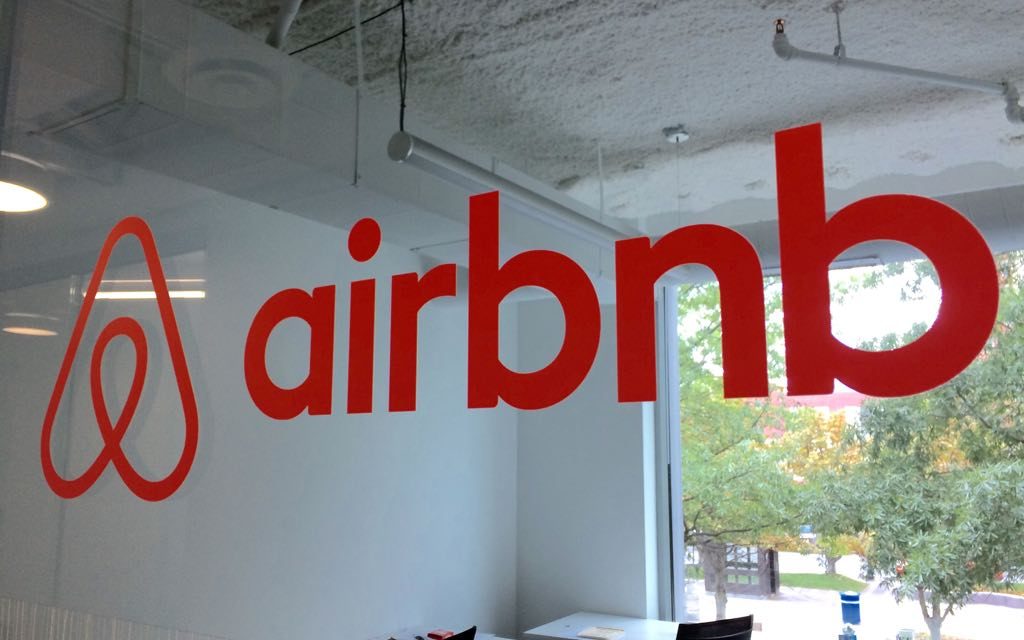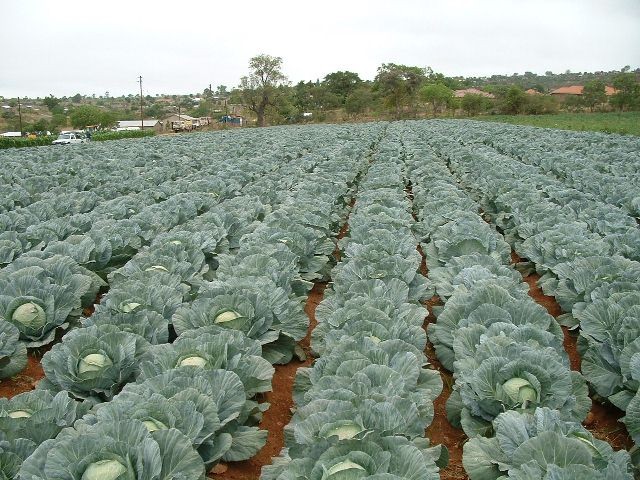The local tourism industry is quite large which is why Zimbabwe is a notable tourist destination in Southern Africa and beyond. The industry has been performing quite well ever since the commencement of the second republic. The industry locally contributes significantly to the GDP – roughly 8% at the moment. Last year, revenues exceeded US$1 billion in the local tourism industry. As for this 2019, it is expected to surpass US$2 billion. In 2018 over 3 million tourist arrivals were reported. Earlier on this year government highlighted that at least 50% capacity utilization would be achieved in the industry before this year ends. Great as that may all be there is more than can still be done. That is why I am going to point out some interesting insights into the tourism industry herein.
Looming Hotel Room Deficit
Recently the government indicated that by the end of next year there would be a hotel room deficit of at least 2000 rooms. They went to say that this would deal a heavy blow to the tourism sector. The Permanent Secretary in the Ministry of Environment, Climate Change, Tourism and Hospitality is the one who remarked on those details. He (Mr Munesu Munodawafa) said this during his speech at this year’s Hospitality Association of Zimbabwe Congress in Mutare.
I am only going to quote part of what he suggested be done to curtail the hotel room deficit and then I will get into the core of what I want to discuss. Here is what he said: “I, therefore, urge all members undertaking or planning new investments to work closely with my ministry in addressing any impediments to such noble intentions so that together we can attract more investments in the sector”. Trust me, there is absolutely nothing wrong with what he said there; in fact, it is valid and should be done. However, I feel like that the projected hotel room deficit might not be accurate – it could be an indication of an area that needs attention.
A Looming Hotel Deficit Might Be A False Impression
As much as there is nothing wrong with expansion programs to increase the number of rooms I do not think there is a hotel room deficit per se. The appearance of a looming hotel deficit might be indicative of a much bigger problem – which is, a significant number of available rooms being off-grid. You might wonder how this is possible right. Well, there has been a steady increase in the number of people offering self-service homes. Some are doing it independently whilst some are doing this under the AirBnB platform. AirBnB is simply an international online platform that allows people to offer their properties or rooms as guest accommodation services (just like a hotel would do). Aside from that, quite a number of hotel rooms (under the usual system of hotels, lodges and the like) are off-grid and thus considered as non-existent.
For your own information, the AirBnB platform is being used extensively across the country. The projections being made by the government could very well not have included that demographic. It would be misleading not to because quite a sizeable number of people now prefer AirBnB as opposed to conventional hotels, lodges and the like. I actually believe that there are more than enough hotel rooms in the country but most of them are off-grid and unaccounted for. This brings out a cause for concern i.e. government trailing behind new and emerging technologies. Let me not just call out the government on this since service providers are also to blame for this – I am referring to the usual service providers.
Service Providers And Authorities Must Move With The Times
I have often been stunned to find a tourist resort with virtually no online presence. I am talking about no website, no social media accounts – nothing at all! This is as good as you do not exist especially in this fourth industrial revolution (4IR) that we are in. I am glad that the Congress I mentioned earlier was held under the theme “Hospitality Stepping Into The 4th Industrial Revolution”. So service providers must establish their digital footprints by having websites and social media accounts. This is indispensably important because the prospective tourist is so used to checking things online so if you are not there they consider other available options. The government must also acquaint themselves with the inner-workings of technology and innovations. They must come up with ways and /or even acquire cutting edge technologies to help them collect comprehensive and up-to-date information. Information (or let me say data – big data particularly) are central to well-informed policy formulation and key decision-making.
I guess that issue of satellites begins to make some sense because the serious mapping of tourism infrastructure in the country needs to be done. There is a need for the continual collection, processing, storage and analysis of tourism industry data. This will not only provide the government with convenience but also the customers too. I could have touched on a number of issues but I believe that what I covered will spark the necessary discussion.








